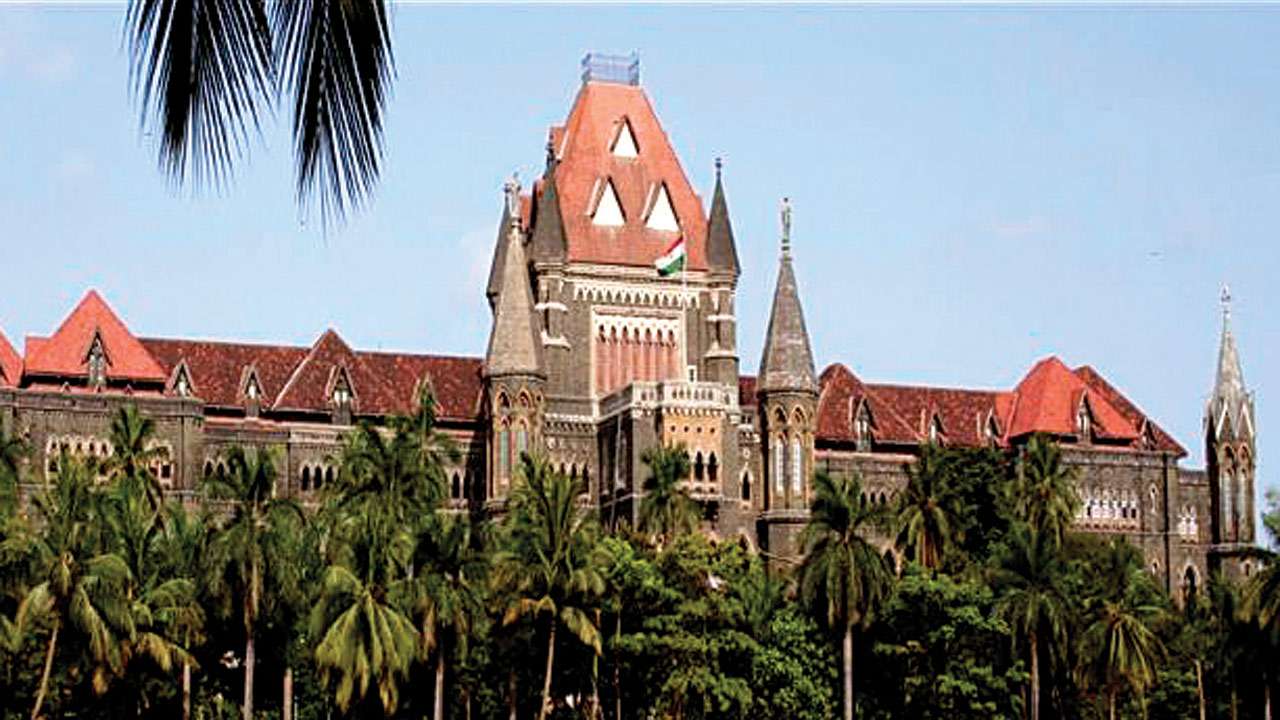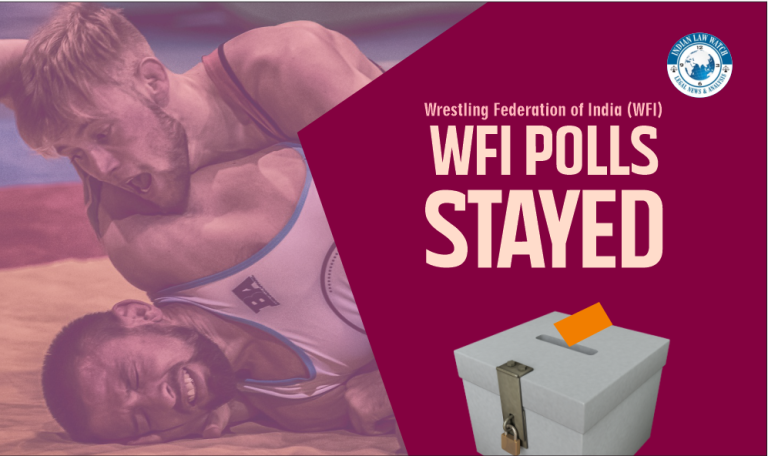

The Bombay High Court, in Anurag S/o. Jamnashankar Pandey v. State of Maharashtra [Criminal Writ Petition No. 68 of 2022] held that a principal or headmaster of a school cannot be held criminally liable for an assault by a teacher on his students when such principal or headmaster did not have the actual charge of or control over the students.
 The petitioner is the headmaster of Suyash Convent School in Nagpur, and Manaish Haribhau Raut was employed in the same school as a dance teacher. On 30.11.2016, Mr. Raut assaulted a few students using an iron rod. Consequently, when the said incident was reported, the charge sheet framed both Mr. Raut and the petitioner for charges under section 324 of the Indian Penal Code, 1860 (“IPC”) and section 75 of the Juvenile Justice (Care & Protection of Children) Act, 2015 (“JJ Act”).
The petitioner is the headmaster of Suyash Convent School in Nagpur, and Manaish Haribhau Raut was employed in the same school as a dance teacher. On 30.11.2016, Mr. Raut assaulted a few students using an iron rod. Consequently, when the said incident was reported, the charge sheet framed both Mr. Raut and the petitioner for charges under section 324 of the Indian Penal Code, 1860 (“IPC”) and section 75 of the Juvenile Justice (Care & Protection of Children) Act, 2015 (“JJ Act”).
The learned Magistrate rejected the petitioner’s application for discharge. Later, when the petitioner approached the Sessions Court, it was held that the petitioner cannot be punished for an offence punishable under section 324 read with section 34 of the IPC because neither he was present when the incident took place nor he had a common intention. However, his charge under section 75 of the JJ Act was retained by the Sessions Court.
 The petitioner contended that even after holding the position of headmaster, he had no actual charge of or control over children and it was the dance teacher who had it. Therefore, the offence punishable under section 75 of the Juvenile Justice Act cannot be attracted to the petitioner’s case. The State contended that section 75 of the Juvenile Justice Act should be attracted to the petitioner’s case as he, being the headmaster of the institution, exercised overall control over the children.
The petitioner contended that even after holding the position of headmaster, he had no actual charge of or control over children and it was the dance teacher who had it. Therefore, the offence punishable under section 75 of the Juvenile Justice Act cannot be attracted to the petitioner’s case. The State contended that section 75 of the Juvenile Justice Act should be attracted to the petitioner’s case as he, being the headmaster of the institution, exercised overall control over the children.
 Interpretation of ‘actual’ control
Interpretation of ‘actual’ control
The Court referred to the definition of ‘actual’ provided by the Advanced Law Lexicon and the same has to be read in the contextual background of section 75 of the Juvenile Justice Act. A person who is in actual charge or control of a child can be held criminally liable in case of assault, abuse, abandonment, wilful neglect, exposure, or causing the above to be done to cause physical or mental suffering. Therefore, the expression ‘actual charge of, or control over’ under section 75 of the JJ Act should be interpreted strictly to mean only the case of actual charge or control of a person over children.
Second Proviso to section 75
The second proviso to section 75 of the Juvenile Justice Act affects the criminal liability of a person employed in an organization only when such person has committed acts as contemplated by section 75 of the Juvenile Justice Act.
Why is the headmaster is not liable under section 75 of the Juvenile Justice Act?
The headmaster is not liable under section 75 of the Juvenile Justice Act because:
- Neither any assault was attributed to him nor was he was near the class.
- None of the statements by the witnesses indicate that he had actual charge of or control over the children.
The headmaster was merely roped into the case solely for being head of the institution where such incident took place. The High Court thereby stripped the petitioner’s case of the charge of section 75 of the JJ Act.





